- Pine Cliff Resort
- Campgrounds & RV Parks
- Kansas
- Wyandotte County
- Edwardsville
- Campgrounds & RV Parks in Bonner - Loring
- South Camp Old Health Lodge
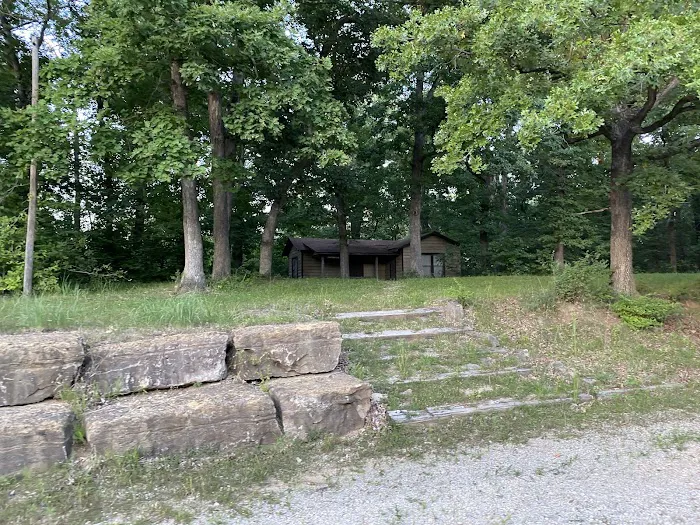
South Camp Old Health Lodge Introduce
The term "South Camp Old Health Lodge" refers not to a standalone commercial campground in the conventional sense, but rather to a specific facility or a designated area within a larger, often historical, camping or recreational complex. This naming convention is particularly common in scout camps, historical parks, or large multi-purpose outdoor centers where structures retain their original names despite evolving uses. Within the "Campgrounds & RV Parks" platform category, such a facility would contribute to the overall offering, often providing specialized services or unique accommodation options. To provide a comprehensive introduction for local users, we will consider how a "Health Lodge" functions within a broader camping environment, drawing on common characteristics of such facilities within larger camps, and incorporating details from relevant examples of similar operations.
The environment surrounding a facility known as "South Camp Old Health Lodge" would typically be part of a larger natural setting. For instance, in a scout camp context, this lodge might be nestled within an expansive property of open fields, rolling hills, and thick forests, as seen in many Scout Reservations across the United States. Such environments are ideal for traditional camping, with abundant wildlife like deer, wild turkeys, and various bird species. The natural surroundings often include lakes or rivers, offering opportunities for aquatic activities. The "Old Health Lodge" itself might be a historical building, contributing to the rustic charm and historical narrative of the camp. Its location would likely be central or easily accessible within the "South Camp" area, perhaps near other key facilities like dining halls or program areas, ensuring convenient access for campers and staff.
The primary services offered by a facility designated as a "Health Lodge" within a camp are generally focused on health and safety, particularly during organized camping sessions like summer camps. While not a typical commercial "Campsite & RV Park" offering daily rentals, its existence significantly enhances the safety and support services available to campers. During peak operating times, a Health Lodge is typically staffed by qualified healthcare professionals (e.g., nurses, EMTs) 24 hours a day. Its services include providing basic medical care for minor injuries and illnesses, storing and administering prescription medications, and serving as a central point for health-related emergencies. It ensures a safe environment for youth and adult participants engaging in various outdoor activities. Some Health Lodges may also offer first aid and CPR training for adult leaders, further contributing to the overall safety of the camp community. For camps that operate year-round for group rentals, the availability of such a facility, even if not fully staffed outside of specific programs, provides a valuable resource for emergency planning.
Beyond medical services, the "Old Health Lodge" might also offer rudimentary accommodation or communal space. While its primary purpose is health-related, older camp structures are often repurposed or adapted. It might contain examining rooms, a ward for resting campers, and features to make the facility handicap accessible. In some instances, historical "health lodges" have been replaced by newer, larger facilities, with the "old" one potentially being used for staff quarters, a small meeting space, or even limited overflow lodging, contributing to the overall capacity and functionality of the "Campgrounds & RV Parks" property. The lodge itself might feature basic amenities like electricity, sinks, and perhaps heating (e.g., wood-burning stoves or gas heat), making it a functional building even if its original medical purpose has been superseded by a newer facility. Its historical character, perhaps featuring rustic architecture from early 20th-century construction, could also be considered a unique feature, adding to the charm of the camp.
When considering "features" in the broader context of a "South Camp" that includes an "Old Health Lodge," we look at the entire camping complex. A typical scout camp, which would host such a lodge, boasts extensive features that appeal to various interests. These include numerous designated campsites (both tent and perhaps rudimentary RV sites for staff/support vehicles), modern bathhouses with hot showers, and laundry facilities. Program areas are key features, often including shooting ranges (archery, rifle, shotgun), climbing towers, waterfront areas for swimming and boating, and various instructional lodges for handicrafts, nature study, and scoutcraft skills. Dining halls, trading posts (camp stores selling snacks, drinks, and camping essentials), and administrative buildings are also standard features. The presence of specific program areas like "Cub World" for younger campers, or high-adventure programs for older youth, further diversifies the camp's offerings. The historical significance of the camp, often with structures built by organizations like the Civilian Conservation Corps (CCC), adds a unique heritage element. Roads and trails connect the various areas, allowing for hiking, biking, and exploring the natural environment.
Promotional information for a "South Camp Old Health Lodge" would primarily be integrated into the broader promotional efforts of the larger camping organization or park it belongs to. For Scout Councils, this would involve comprehensive summer camp guides, outlining program schedules, merit badge offerings, and camp fees. These guides often include details on the health and safety policies, implicitly promoting the services of the Health Lodge. Pricing would typically be per camper for various sessions (e.g., weekly summer camp fees for youth and adult leaders), with potential discounts for early registration or for in-council participants. Financial aid or "camperships" are often available to ensure accessibility. Promotions might also highlight special programs, events, or unique experiences offered at the camp, such as specific merit badge tracks or adventure activities. For public-facing parks, if a historical lodge is rented out for group events, promotional material would detail its capacity, available amenities, and any booking procedures or historical significance. This might include information on how to reserve the facility for group gatherings, retreats, or even small family events, with associated rental fees. For a family camping area with a large number of sites, like some county-run campgrounds that might have former "health lodges," promotional information would focus on nightly rates (often with distinctions for waterfront vs. non-waterfront sites), residency discounts (e.g., Pinellas County, Florida residents may book earlier), and rules regarding maximum stays and pet policies. Specific amenities like laundromats (sometimes coin-operated) and dump stations would be highlighted, along with quiet hours and check-in/check-out times. Seasonal fire restrictions (e.g., no campfires during turtle nesting season) are also part of the important operational information that gets promoted for safety and environmental protection.
In conclusion, while "South Camp Old Health Lodge" is a unique identifier rather than a broad commercial campground name, its significance within the "Campgrounds & RV Parks" category lies in its contribution to a larger, comprehensive outdoor recreational facility. Whether as a historical structure within a scout reservation, providing essential health services, or a repurposed building offering specialized accommodation, it plays a vital role. The surrounding environment typically offers a rich natural setting, complemented by extensive services (from medical support to recreational programs) and diverse features (camping areas, program facilities). Promotional efforts for such a facility would be integrated into the larger camp's marketing, emphasizing its role in safety, history, and overall camper experience, appealing to local users seeking a structured yet immersive outdoor adventure.
Details
Parking
- On-site parking
Location
KansasWyandotte CountyEdwardsvilleBonner - Loring
Customer Reviews
More Places to Explore Nearby
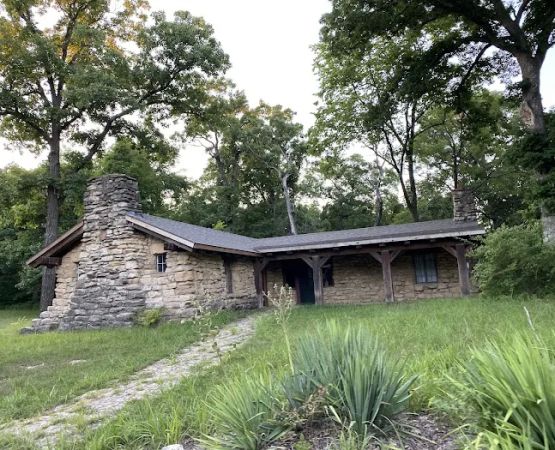
South Camp Old Admin Building
Edwardsville, KS 66111, USA
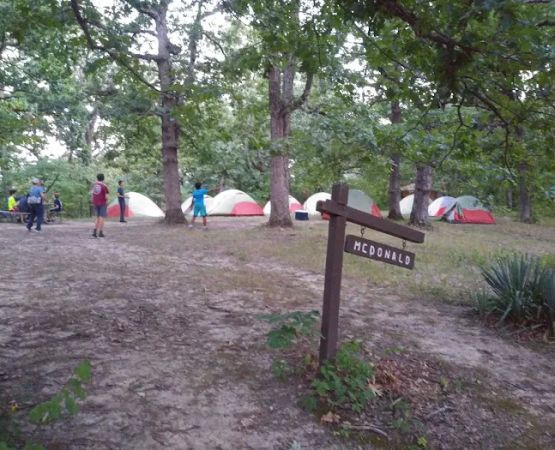
Campsite McDonald
Edwardsville, KS 66111, USA
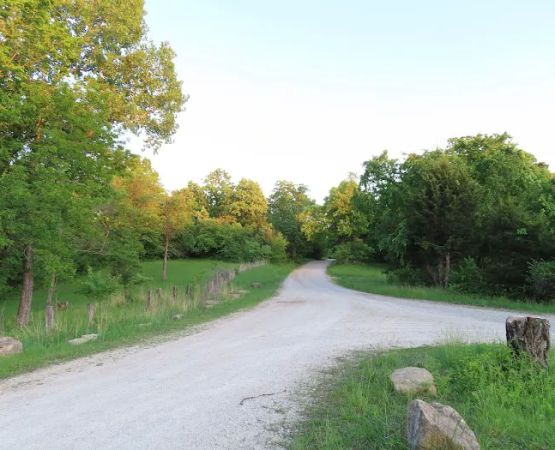
Clarks Fork
Camp Naish Rd, Edwardsville, KS 66111, USA
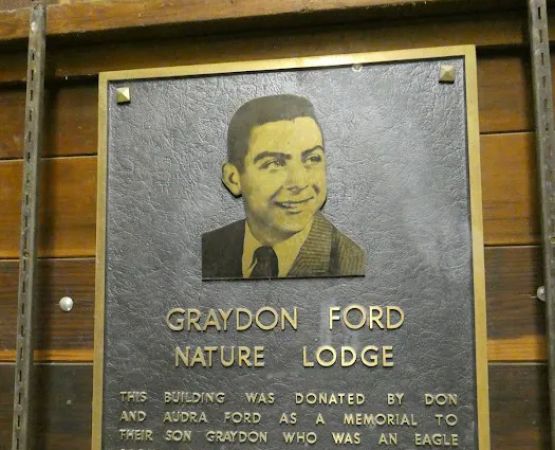
Graydon Ford Nature Lodge
Edwardsville, KS 66111, USA
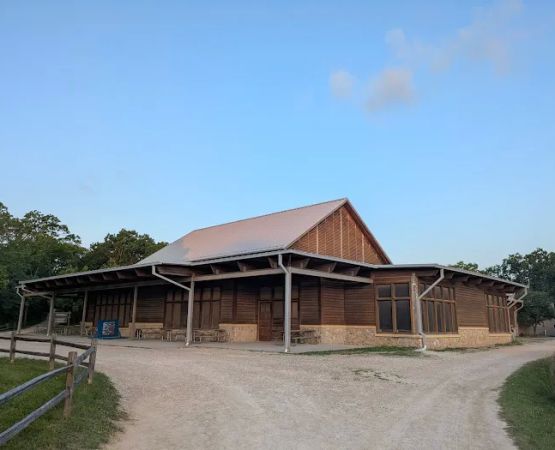
Central Camp Dining Hall
Kansas City, KS 66111, USA
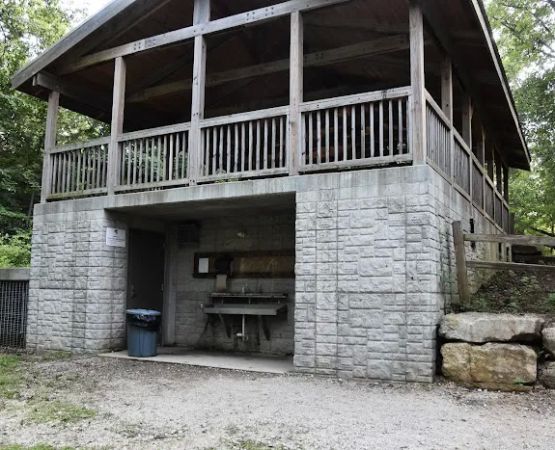
Campsite Pawnee
Kansas City, KS 66111, USA
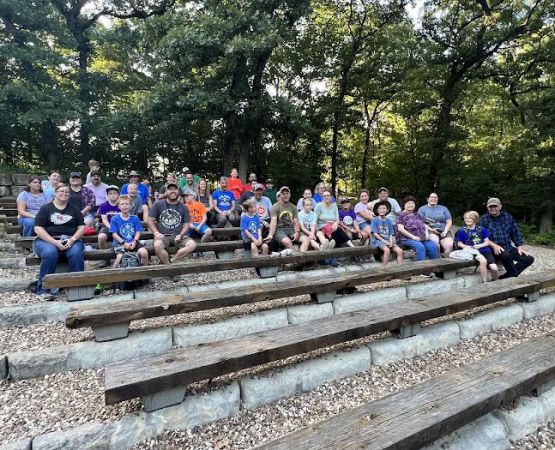
Central Camp Campfire Arena
Edwardsville, KS 66111, USA
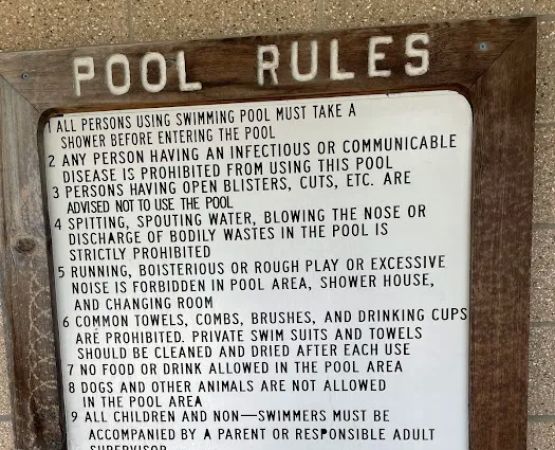
Central Camp Shower House and Pool
Edwardsville, KS 66111, USA
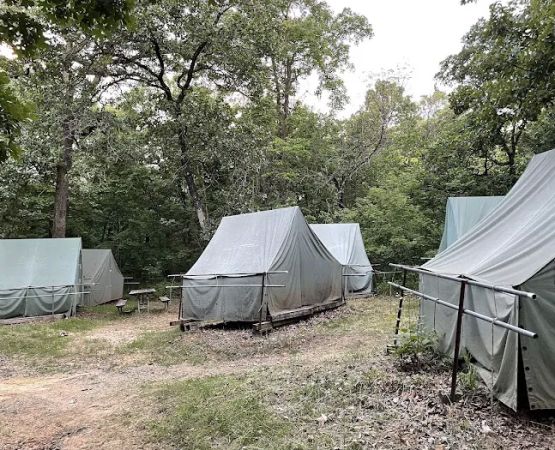
Campsite Apache
Kansas City, KS 66111, USA
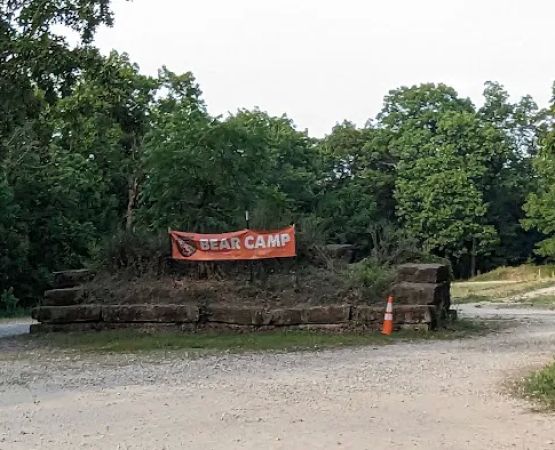
Cub World Dining Shelter
Edwardsville, KS 66111, USA

Campsite Kaa
Edwardsville, KS 66111, USA
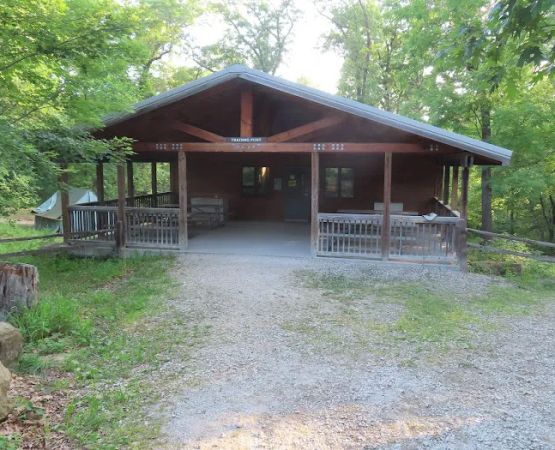
Cub World Trading Post
Camp Naish Rd, Edwardsville, KS 66111, USA
Categories
Popular Campgrounds & RV Parks
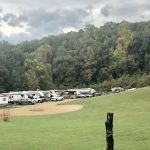 Sunshine Acres Camp & Cabins4.0 (33 reviews)
Sunshine Acres Camp & Cabins4.0 (33 reviews) Your Favorite Resort On The River5.0 (4 reviews)
Your Favorite Resort On The River5.0 (4 reviews)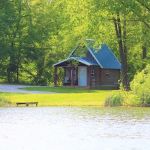 Peaceful Waters Campground4.0 (279 reviews)
Peaceful Waters Campground4.0 (279 reviews)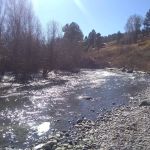 Upper Piedra Campground3.0 (15 reviews)
Upper Piedra Campground3.0 (15 reviews) DoubleTree by Hilton Hotel and Executive Meeting Center Palm Beach Gardens4.0 (1438 reviews)
DoubleTree by Hilton Hotel and Executive Meeting Center Palm Beach Gardens4.0 (1438 reviews)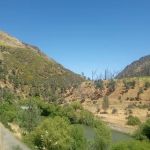 Cache Creek Regional Park Middle Campground Park Site4.0 (38 reviews)
Cache Creek Regional Park Middle Campground Park Site4.0 (38 reviews)Must-Read Camping & Outdoor Blog Posts
Most Searched Japanese Restaurant Sites
Trending Camping & Outdoor Blog Posts
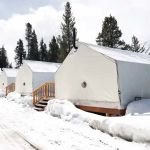 Winter Glamping Retreats in the U.S. You Didn’t Know About
Winter Glamping Retreats in the U.S. You Didn’t Know About Best Family-Friendly Campgrounds with Playgrounds and Kids’ Activities
Best Family-Friendly Campgrounds with Playgrounds and Kids’ Activities Top Family-Friendly Resorts Near Outdoor Adventure Destinations
Top Family-Friendly Resorts Near Outdoor Adventure Destinations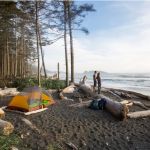 Top-Rated Campgrounds for Exploring National Forests
Top-Rated Campgrounds for Exploring National Forests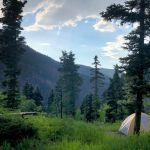 Top-Rated Camping Spots Near Scenic Trails: Explore the Best Outdoor Getaways
Top-Rated Camping Spots Near Scenic Trails: Explore the Best Outdoor Getaways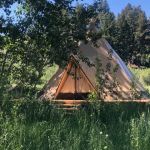 Affordable Luxury Camping Experiences at Top Resorts
Affordable Luxury Camping Experiences at Top Resorts 